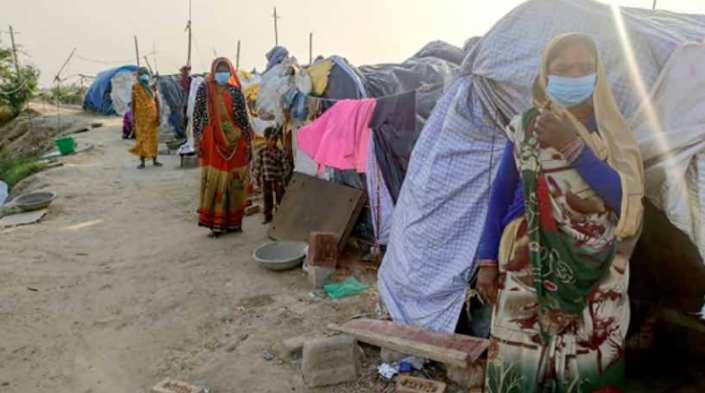
Page last updated on
India has been under lockdown since 24 March 2020, to break the spread of COVID-19 infection. While it is the only solution to avoid community spread, many like migrant workers, marginalised communities and poorest of the poor are adversely affected due to the lack of information, livelihood and connectivity. Digital Empowerment Foundation (DEF) launched the Digital Emergency Relief Programme through its Community Information Resource Centers (CIRC) across 600+ locations in India. These centres have been rigorously responding to the crisis by reaching out to the most vulnerable communities.
The CIRC centres, with the help of the 5,000+ "digital foot soldiers", after mapping the needs of the communities in rural regions, identified that the immediate need was for information dissemination. Raising awareness regarding information on the coronavirus, its symptoms and the preventive measures needed, along with countering fake news and misinformation, were carried out using various means like WhatsApp groups, leaflets and word-of-mouth. Further, awareness around the relief package announced by the government was raised through the Digital Mobile Van, public address systems and WhatsApp groups. This proved to be one of the most effective ways of disseminating information and ensuring social distancing.
Simultaneously, DEF’s digital foot soldiers created a relief kit which included dry food rations to help sustain families for at least a month, masks, and a DEF COVID-19 information guide. These efforts were made possible by local fundraising and support from local government administrations.
Several surveys and publications were also published, along with visual documentation of the issues faced, the numerous initiatives carried out, and expert opinions on the same. This report seeks to document the various initiatives that were undertaken by DEF to confront the pandemic.
Read the full report here.


